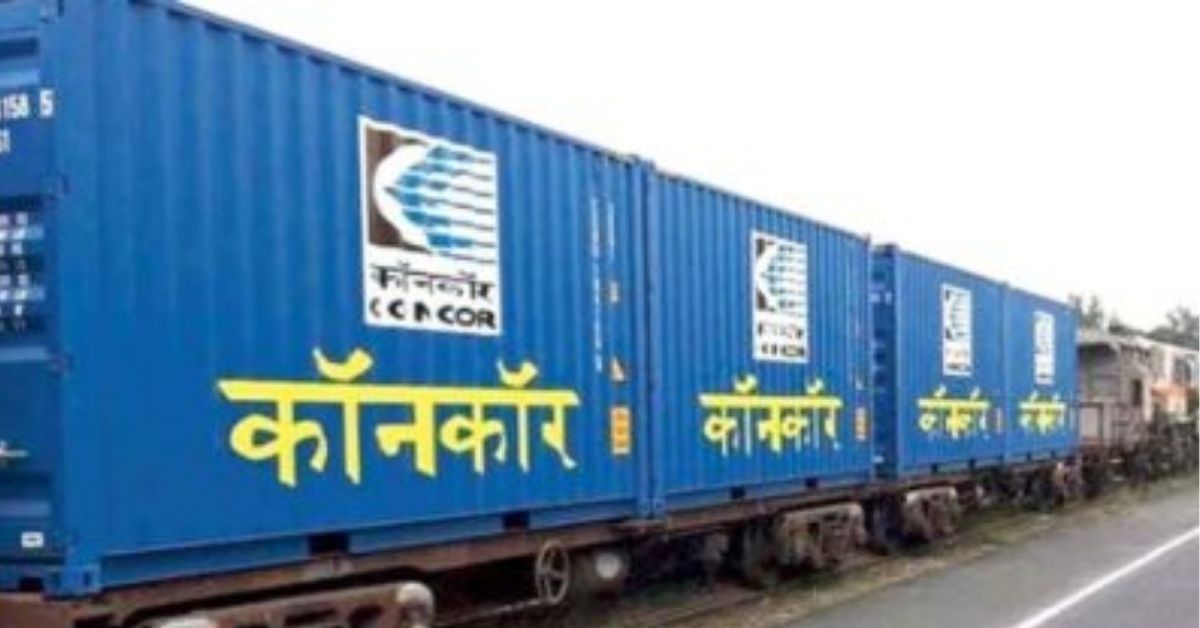The Union Cabinet’s nod to the policy on long-term leasing of Indian Railways land will help break the monopoly of Container Corporation of India Ltd (CONCOR) over rail-linked inland cargo terminals ahead of a planned privatisation of the State-run firm, and ward off concerns that its strategic disinvestment would convert a public monopoly into a private monopoly, according to people tracking the sector.
“The Cabinet nod for the long-term leasing of Indian Railways land will create a level playing field for private container train operators who have been suffering due to the artificial monopoly that CONCOR has created through government land support,” said a top official with one of the container logistics firms.
CONCOR currently runs 61 inland container depots (ICDs) of which 25 terminals are built on land leased from Indian Railways (IR).
The Cabinet approved policy allows leasing of IR land to set up cargo related activities for as much as 35 years (from the existing five years) at a land licensing fee (LLF) of 1.5 percent of the market value of land which will escalate by 6 percent annually.
The Indian Railways currently levy the annual LLF from CONCOR at the rate of 6 percent of the industrial land value per acre where the terminal is located, which will escalate by 7 percent annually.
The Cabinet also decided that existing terminals run on IR land will have the option of switching to the Gati Shakti Cargo Terminals (GCT) policy to get the benefit of a lower LLF of 1.5 percent of the market value of land and escalating by 6 percent annually. For this, entities such as CONCOR that are running the terminals on IR land will have to surrender the facilities which will be auctioned by IR for 35 years through a transparent and competitive bidding process on terms set by the new policy.
If CONCOR decides not to switch to the new GCT policy straightaway, the 25 terminals run by the company on IR land will be subjected to a tender under fresh terms when their current lease tenure ends one by one, between now and 2025.
The government will generate revenue by leasing these 25 IR land-linked cargo terminals afresh through open, competitive bidding, that allow private firms to participate in the tender and grab some of these terminals.
In this manner, many of the 25 terminals built on IR land will be run by private firms, leaving CONCOR mostly with facilities it has developed on non-Railway land.
This strategy may lower CONCOR’s valuation during the privatisation process, but the government would have already raised money through fresh leasing of the 25 terminals to neutralise the disadvantage.
Besides, selling CONCOR with terminals it has built on non-Railway land would fetch further revenue to the government.
“This will get rid of the artificial monopoly of CONCOR and help the government avoid allegations that the strategic disinvestment of CONCOR would convert a public monopoly into a private monopoly,” said a logistics sector consultant.
The policy will incentivise investments into the sector for setting up Gati Shakti Cargo Terminals, he said. “Together with the soon-to-be announced National Logistics Policy and if the Customs Department ease the restrictions placed on setting up new inland container depots and container freight stations in certain areas across the country, the policy on long-term leasing of IR land will be transformative for the sector,” said the official with the container logistics firm mentioned earlier.




